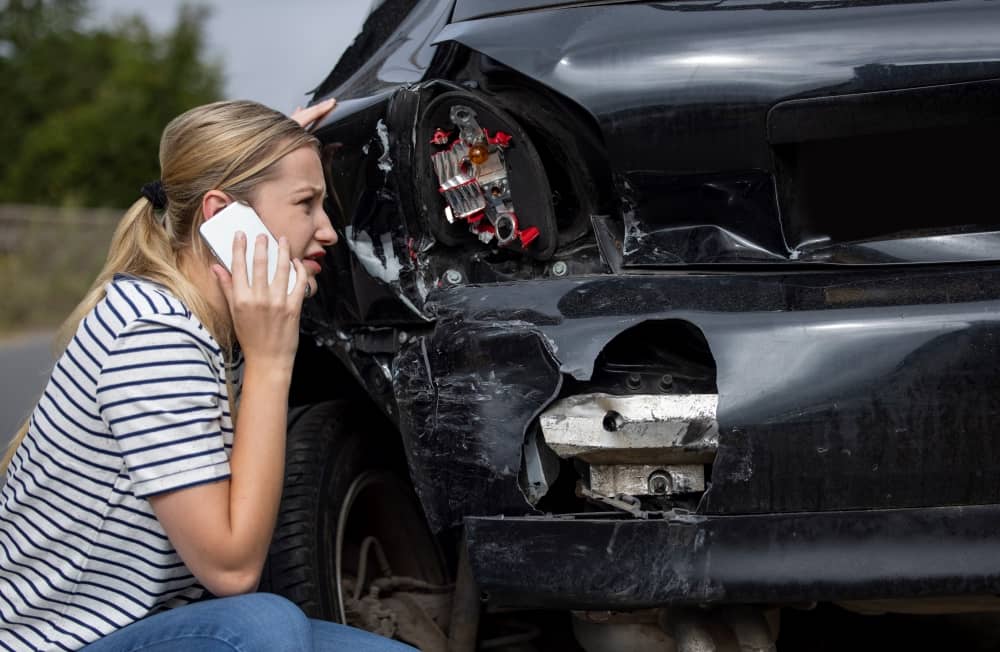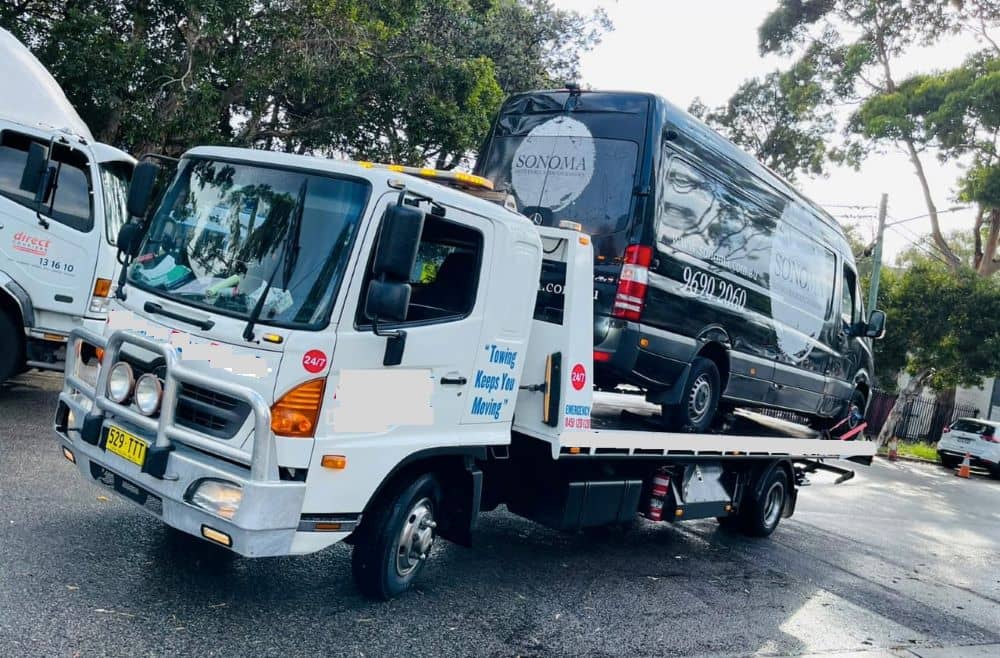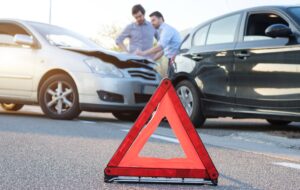Have you just been in a car accident? Even if you feel like everything is okay and there was no damage, it’s essential to assess if you or your passengers were injured and also look for any damage to your car. You also need to contact your insurance company for additional information about what steps need to be taken next.
This blog covers an essential list of steps you need to follow post-accident.
Try to Remain Calm
When you are involved in a car accident, it can be easy to get nervous. However, staying calm will help ensure that you don’t do anything that could worsen the situation. For example, banging on your car windows and screaming can cause damage to your vehicle’s interior and potentially make it difficult for the people around you to hear what is going on inside the Vehicle. It’s better to stay calm and check for injuries on your passengers and yourself.
Pull Over in a Safe Place
It’s important to pull over into a safe area.
After you have pulled over:
- Put the car in park and turn off the engine.
- If you feel stable enough, get out of the Vehicle but ensure it is safe to do so before you do.
- After this, make sure that everyone else in your Vehicle is okay.
- If a friend or loved one needs help to get out of the car, offer to assist them.
Check Other Drivers and Passengers for Injuries
After you pull over and are calm enough, check to see if anyone else is injured. Sometimes it’s easy to tell, especially if someone is bleeding. But other times, it might be harder to tell. For example, disoriented or confused drivers can be injured without realising it. A simple test such as asking for their name, where they are and what day it is might help to assess their mental state quickly. If they do not respond correctly or are having trouble answering, it could mean they need medical attention.
Call for Help
If someone needs medical attention, ensure you call local emergency services or have someone call them. They will likely send an ambulance to the scene of the accident to provide further assistance. You should also contact your insurance company to get more information about what needs to be done next.
Check your Surroundings and Vehicle
After you take care of everyone nearby, it’s important to check your car for any damage that occurred during the accident and exchange information with other drivers involved in the crash. People are often sceptical about exchanging information, but it’s the first step in a series of investigative steps that will help you and others at the scene get help. Get more photos than you think you need of the damage. It is especially helpful for dent repair experts to provide accurate quotes based on the information you provide
Document Everything
Taking pictures and keeping notes on the accident scene is a good way to record the situation and document any damage. Also, ensure to take photos of the vehicles involved. It is essential to include photos of street signs, buildings and other important landmarks where the accident occurred. If possible, you can also take a video of the accident scene once you pull over into a safe area.
Talk to Your Insurance Company
It’s important to call your insurance company as soon as possible after the accident. They need to know what happened, how much damage was caused, how many cars were involved and if you need any additional help in repairing your Vehicle or getting a rental car. They may ask for photos or videos of the crash, and this will help later in the investigation to determine what caused the accident.
Gather Together Any Records and Personal Belongings
After the accident, collect any personal belongings that may have fallen out of your car during the crash. If you have important documents in the car, ensure you get and keep them safe. Check to ensure you have everything with you, including your passport, driver’s licence, and anything else of value.
Call a Tow Truck
You should call a local towing service and explain what happened if possible. In most cases, they can provide you with a tow truck to help remove your Vehicle from the scene. This is important so it stays protected from further damage or catching fire when being moved. They will also provide you with details about their storage costs and any other costs you may incur. Try calling multiple companies to get quotes and choose the one you can afford.
Give Detailed Information About the Accident to the Police
Once the Police get there you must give a full report of the accident. It’s recommended that you give a detailed report of everything that happened both before and after. This is important so they can accurately report what took place. Depending on where you are, they may ask questions or interview drivers involved in the accident. Make sure to let them know who was driving at what time so they know how to adjust their investigation if necessary. It’s also important to inform them of what happened so they can try to prevent similar accidents from happening in the future.
Get Medical Treatment
In some cases, it might be necessary to seek medical treatment after an accident. If you are injured and believe that the injuries are serious or might lead to severe health problems, it’s important to get a medical exam as soon as possible. You should also consider talking with a personal injury attorney if you were in the accident, especially if you think another person’s negligence is to blame for your injuries.
Communicate With Other Drivers and Witnesses
Communication is key after an accident happens. The more information you have about what happened, the better off everyone is going to be in the long run. You should also contact the other drivers involved and try to get their side of the story on who was at fault and what led to the accident. Getting their contact could help you in the future by providing more relevant details. It’s also essential to keep a copy of any notes, videos or documentation you have and have conversations with witnesses regarding what happened. This will help with insurance claims, police reports and anything else that may be needed in the future.
Follow Up With the Police
In most cases, you will have to file a report with the Police, which will set the record of what happened and give you something to refer back to if needed. Most of the time, someone from your state’s department of motor vehicles will send you a copy of the report for free once it is filed.
File An Insurance Claim
To ensure you get the most money out of your insurance policy, you must file a claim within 90 days of the accident. You should do this whether or not your Vehicle was involved in the accident. These claims are typically filed with your own insurance company, but if it’s possible, you can also file a claim with another provider instead. In most cases, it’s up to the insurance provider to decide whether or not they will cover additional expenses, but it’s important to file a claim so you don’t lose the chance of getting money for your losses.
Contact a Family Member or Friend
Sometimes, you might need someone to help you out after an accident. For example, if you have knee injuries and can’t drive to appointments or your knee pads hurt while driving, you might need someone to help get you around. Also, if your vehicle is totalled and it’s expensive to repair or replace, you might need someone to help you with this. In these cases, consider contacting friends and family members who can help you out.
The tips will come in handy in the event of an accident. It is important to stay calm and collected to avoid further damage and injuries. Be sure to share this information with your friends and family members who drive so it can also help them.
Also, remember that not everyone involved in a car accident will be upfront about what happened during the crash. If someone tries to tell a bald-faced lie, don’t get upset since they are likely just as shocked as you are about what occurred. Instead, try to ask witnesses, if possible or other drivers who might have been around when it happened.
All in all, remember safety is the priority.



